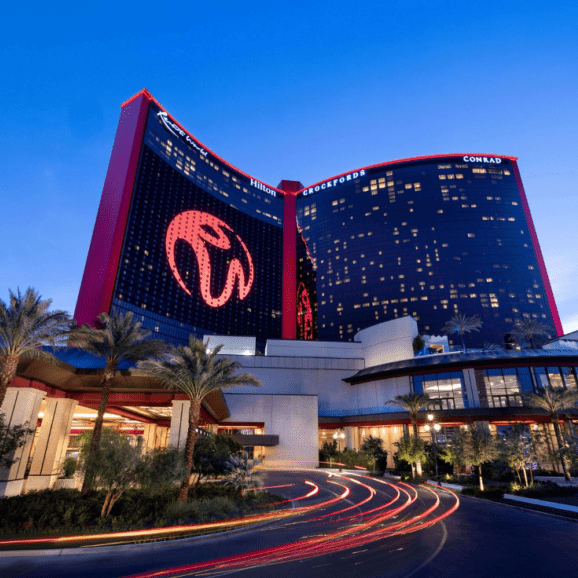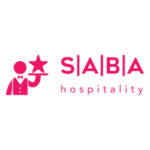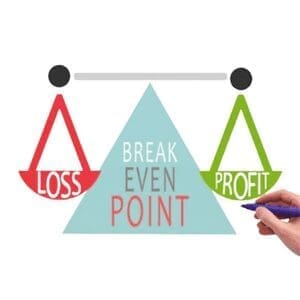 A central problem with the hospitality industry’s current labor crisis is that by framing it as a ‘crisis’ we are presuming that the shortage will naturally pass by and labor conditions will eventually return to how they were in 2019. Hoteliers just have to ride it out and everything will be fine by 2023. This is a dangerous mentality; thinking in terms of crises is short-term and the post-pandemic hotel corporate culture requires a long-term solution.
A central problem with the hospitality industry’s current labor crisis is that by framing it as a ‘crisis’ we are presuming that the shortage will naturally pass by and labor conditions will eventually return to how they were in 2019. Hoteliers just have to ride it out and everything will be fine by 2023. This is a dangerous mentality; thinking in terms of crises is short-term and the post-pandemic hotel corporate culture requires a long-term solution.
There are several global, decades-long trends at play here, for which COVID-19 was not the cause but an accelerant. For brevity, these can be summarized as:
- Many furloughed hospitality workers were reskilled to other parts of the service sector during the pandemic and are reluctant to shift back without sizeable monetary incentives
- Society’s acceptance of remote work means that – wages held equal – hotel jobs have to compete against those in many other industries where people have the dual benefits of not having to commute and flexible hours
- Hotel workforces skew old, meaning a higher rate of employees retiring, with many opting to hasten their exit in light of the pandemic
- Natural retirement rates in hospitality are not being adequately offset by youth because the best minds in younger generations are now drawn more towards seemingly higher-paying career prospects in other industries
- As advanced economies continue to gray and lifespans increase, this, in turn, expands the demand for high-touch workers at long-term care facilities, with this role a contiguous competitor for hospitality jobs
- Many hotels in advanced economies rely on a labor pool that’s largely comprised of immigrants, and while the pandemic temporarily depressed worker entries the greater trend is that modern systems favor ‘high skill’ applicants in STEM or entrepreneurs, both groups being reluctant to work as a ‘low skill’ front desk clerk, server or room attendant
When you stop and seriously think about these forces, it becomes clear that the real new normal for hotels in the decade ahead is one fraught with ongoing labor headaches. “Where did all the workers go?” we often ask ourselves these days, either in ecomm meetings or to panelists at industry seminars. The answer is ‘everywhere’ and that’s perhaps the most unsettling of all.
A systemic problem requires a systemic solution. Hotels are guest-centric businesses and now we need to become employee-centric to drive team retention by providing a handful of incredible non-wage incentives.
To put it another way, treat your employees well and they will in turn pass that goodwill along to your guests. This echoes the golden rule in many ways.
The proof is in how you lead that charge, instilling your managers to act accordingly. A caustic approach from the top will not only be detrimental to the entire organization but also do little to remedy a situation in the long run. There are numerous managerial training programs that can be offered while setting up an internal employee wellness program is also highly beneficial for everyone coming to work at a hotel.
But while training courses and anything wellbeing-oriented takes time to implement and see veritable results, the here and now always starts with the top of the chain of command. What can senior managers, general managers, directors, executives, and owners do to instill an employee-centric culture as a means of fighting the labor shortage battle?
Here is a starting checklist to rate yourself on your management approach. Ten items with each scored out of 10 for a final score out of 100. Honestly appraise yourself as follows:
- Are you honest and open to your team? Are you transparent in your approach? Do you work at instilling confidence in your team members? Do they trust you?
- Are you a walk-around manager? Do you regularly eat in the hotel cafeteria? Have you visited engineering, housekeeping, and other BOH functional locations on at least a weekly basis? When was the last time you sat in on a sales or catering presentation?
- Do you know your employees by name? Do you have regular events where you can meet with them? Can you say that you know them beyond just work? After all, they have families too.
- Do you consider yourself to be fair and equitable? Do you adequately reward your employees for their efforts?
- Do you listen to your team members? Do you seek their counsel on issues that relate to their area of expertise and influence? How receptive are you to new ideas?
- The hotel business is not just ADR, RevPAR, and percentage occupancy. Do you understand all aspects of your business? Can you converse with the teams in purchasing, reservations, IT, sales, catering, and marketing? Can you use your PMS and complete a check-in? How up-to-date are you with your website?
- Do you motivate your team to better themselves? Do you have to repeatedly ask employees to carry out tasks as instructed? Are your instructions clearly defined both in the exact procedure as well as their underlying reason for execution?
- Do you actively seek to promote from within and encourage this succession planning? Do you have plans that encourage your team members to see their position as part of a career in hospitality rather than just a job? Do you have a program in place to upskill associates into managers?
- Do you keep abreast of what is happening in your community? Do you encourage your team members to participate through appropriate behaviours such as recognition or compensatory time off?
- We all know that a bad apple can ruin the basket, as can a bad employee. Are you appropriate, fair, and consistent when you deal with these potentially toxic situations? Do your actions set a moral example for the rest of the team?
While many of these are more qualitative than quantitative, the exercise should nevertheless offer some introspection. Let’s say an ‘A’ score is 80 or above, but this is still no excuse for a fixed mindset and not seeking continuous improvement. For everyone else, time to set aside your current approach and re-evaluate. The current labor market demands it!
































